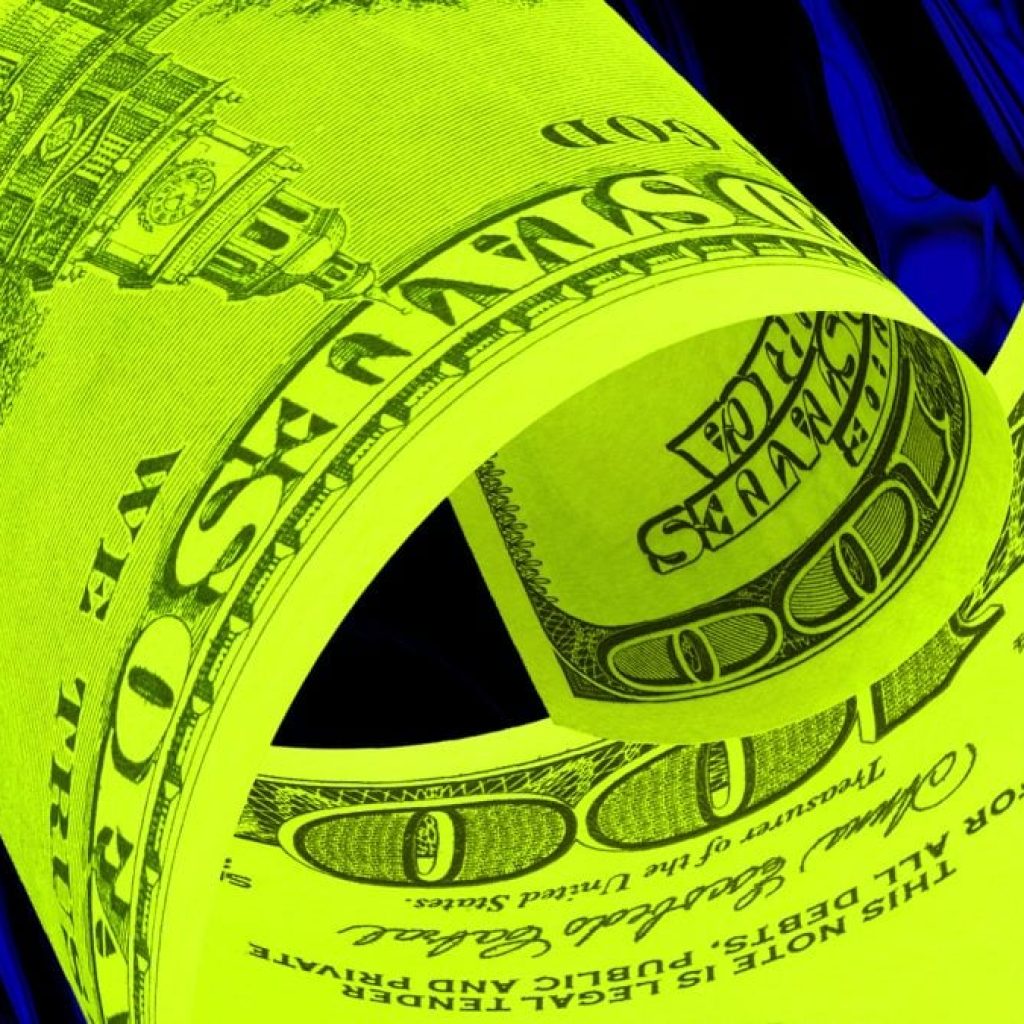In a bold financial maneuver, UBS Group AG is bracing for a staggering $17 billion fallout following its swift rescue of domestic competitor Credit Suisse.
UBS, the banking titan of Switzerland, acknowledges that the rushed nature of this deal may have compromised the thoroughness of its due diligence process, according to a recent filing with the U.S. Securities and Exchange Commission (SEC).
Unforeseen dangers of UBS’s hasty rescue
According to the late-night SEC filing, UBS is girding itself for a potential $13 billion hit in fair value adjustments on the new entity’s assets and liabilities.
An additional $4 billion is projected for litigation and regulatory expenses. These hefty costs stem from UBS’s emergency acquisition of Credit Suisse, a deal that Swiss authorities orchestrated over a weekend in March as the latter bank teetered on the brink of disaster.
The rescue operation was set in motion as Credit Suisse faced a catastrophic situation of precipitous customer deposit withdrawals and a nosediving share price.
With the urgency of the situation, UBS had little time to conduct a comprehensive appraisal of Credit Suisse’s assets and liabilities, which, in turn, may have influenced the final terms of the takeover.
The silver lining amid the storm
Despite the sizable financial hit, UBS anticipates a massive one-off gain of $34.8 billion from negative goodwill. This accounting term refers to the acquisition of assets at a significantly lower cost than their intrinsic value.
The bank’s confident forecast stems from its acquisition of Credit Suisse for a relatively modest 3 billion Swiss francs ($3.4 billion).
The UBS-Credit Suisse deal wasn’t devoid of controversy. The Swiss regulator FINMA’s decision to eliminate roughly $17 billion of Credit Suisse’s additional tier-one (AT1) bonds before shareholdings was seen as defying conventional write-down order, triggering legal action from AT1 bondholders.
UBS had been monitoring Credit Suisse’s worsening financial situation since October 2022, with its Strategy Committee concluding in February that acquiring the beleaguered lender was “not desirable.”
Still, the bank continued its analysis of the potential financial and legal implications should Swiss authorities require the financial institution’s intervention.
The future of the newly merged entity
Last week, UBS declared that Ulrich Koerner, Credit Suisse CEO, will join the executive board of the newly combined entity once the deal legally concludes, which is projected to occur in the coming weeks.
The future entity, operating as an “integrated banking group,” will allow Credit Suisse to retain its brand independence as UBS enacts a phased integration.
Despite the potential risks, the bank’s CEO Sergio Ermotti maintains an optimistic outlook. He told CNBC last month that the Credit Suisse deal is not fraught with risks but promises long-term benefits.
Only time will reveal if this unprecedented merger between two banking giants will pay off or if the financial implications will prove too costly for UBS.





